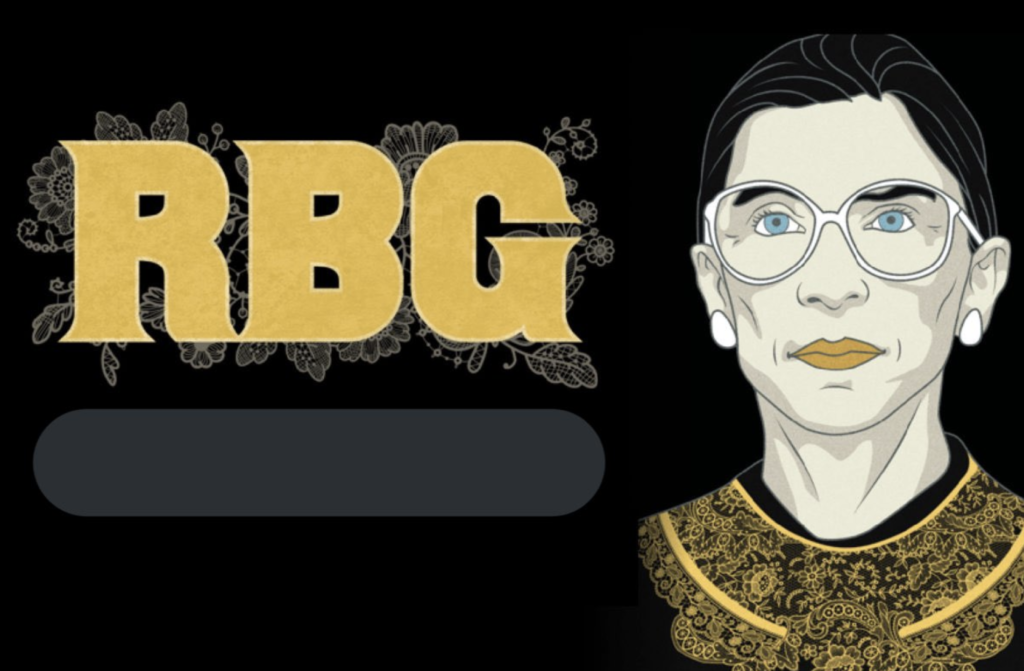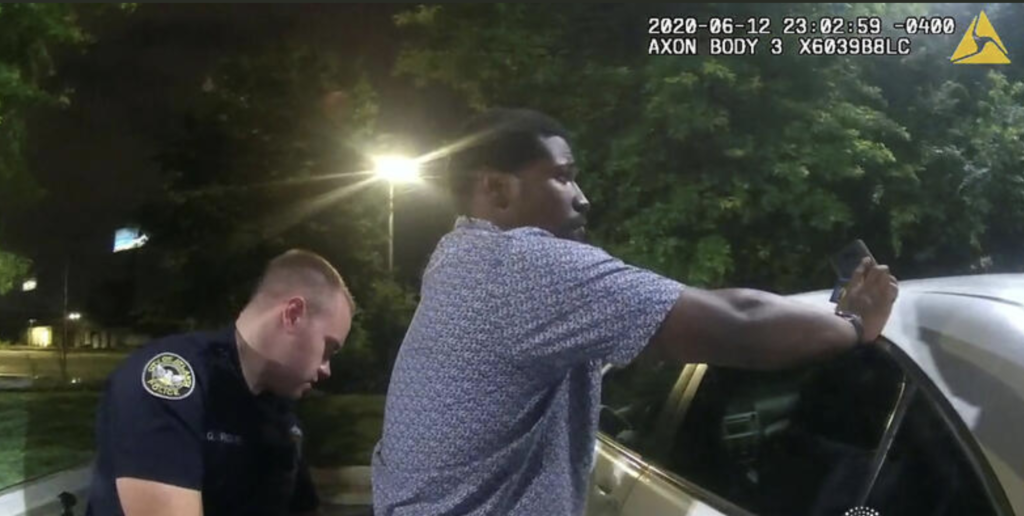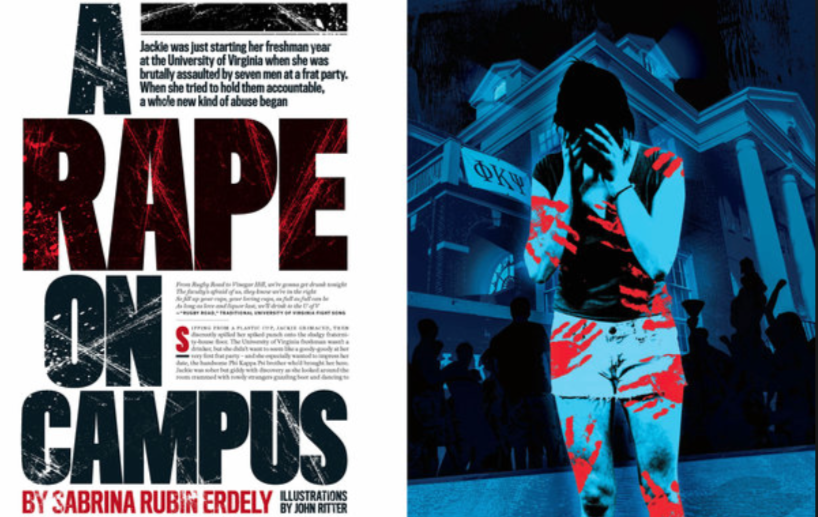Fraternity Will Sue Rolling Stone Mag Over Gang Rape Story
06 Apr, 2015
The University of Virginia fraternity chapter at the center of Rolling Stone magazine’s retracted article ‘A Rape on Campus’ said on Monday that it planned to sue the magazine for what it called “reckless” reporting that hurt its reputation.
Stephen Scipione, the president of UVA’s Phi Kappa Psi chapter, told CNN Money that the fraternity – or all-male university society – is pursuing “all available legal action against the magazine”, a day after a team from the Columbia University graduate school of journalism concluded Rolling Stone failed to follow basic journalistic safeguards in publishing the story.
In November 2014, the magazine published Sabrina Rubin Erdely’s article, which claimed there was a gang rape at the Phi Kappa Psi fraternity house. Soon after the article was published, and the school temporarily suspended all fraternities, questions were raised about the veracity of the article.
On Sunday, Columbia released its independent review of the reporting and editing of the article. The analysis concluded that the magazine had failed to follow “basic, even routine journalistic practice”. A month earlier, the Charlottesville police department said it had to suspend its investigation into the article’s claims, after the main subject, Jackie, refused to cooperate with the investigation.
“After 130 days of living under a cloud of suspicion as a result of reckless reporting by Rolling Stone magazine, today the Virginia Alpha chapter of Phi Kappa Psi announced plans to pursue all available legal action against the magazine,” the fraternity said in a statement.
“This type of reporting serves as a sad example of a serious decline of journalistic standards,” Scipione said.
This information emerged during a press conference at Columbia University to discuss the findings of the report.
“It’s sound journalistic practice not to comment on other people’s litigation,” said Steve Coll, the dean of Columbia’s graduate journalism school and one of the lead authors of the report.
At the press conference, the co-authors of the Columbia report said the inaccuracies in the Rolling Stone article were the result of failed methodology, and were in no way the fault of the alleged victim.
“We do disagree with any suggestion that this was Jackie’s fault,” said Coll.
He was joined by academic dean Sheila Coronel. Coronel said: “We believe, if you read our report closely, that the problems in the article were problems in methodology.”
Rolling Stone’s senior editors maintained that their greatest fault was being too accommodating with “Jackie”, the UVA student whose horrifying tale of being gang-raped at the Phi Kappa Psi fraternity house on the school’s campus was the centerpiece of the article.
Police have said they were unable to substantiate Jackie’s story, as reported by the magazine. The authors of the Columbia report were also unable to substantiate Jackie’s story.
The magazine, which requested the review, removed the 9,000-word article from its website on Sunday evening and replaced it with the Columbia report. Coronel said she believed the decision to retract the story was “probably wise” as it was a story the magazine had “already admitted was fraud and problematic”.
“Ultimately, we were too deferential to our rape victim; we honored too many of her requests in our reporting,” Sean Woods, the principal editor on the article, was quoted as saying in the report. “We should have been much tougher, and in not doing that, we maybe did her a disservice.”
In response to the report’s blistering findings, Rolling Stone has said it will review its editorial process, but doesn’t believe its current policies require changes or an overhaul. The magazine has also said it does not intend to fire anyone over the article.
Asked several times during the press conference if anyone at the magazine should lose their job, Coll and Coronel demurred.
“This kind of reporting environment, this kind of subject, is a new frontier for serious accountability journalism. This is an area where we have to have a conversation among ourselves about how to do better,” Coll said.
Asked again, Coll said: “We pointed out systemic and institutional problems. We leave it up to Rolling Stone to figure out how to deal with these problems.”
The Guardian
Image Rolling Stone
Mentioned In This Post:
About the author
Related Posts
-

Like it or Not, Amy's In.
-

The People Have Had Enough #EndSARS
-

Another Day, Another Unarmed Man Killed By Police
-

We Are Sorry Breonna, We Know This Is Not Justice!
-

Rest In Peace RBG
-

Poll Numbers No Good? Fire Someone
-

No Jail Time When You're Friends With Trump
-

Does Resisting Arrest Equal Death?!
-

They Did This KNOWING Cameras Were Rolling
-

Minneapolis Is Burning










